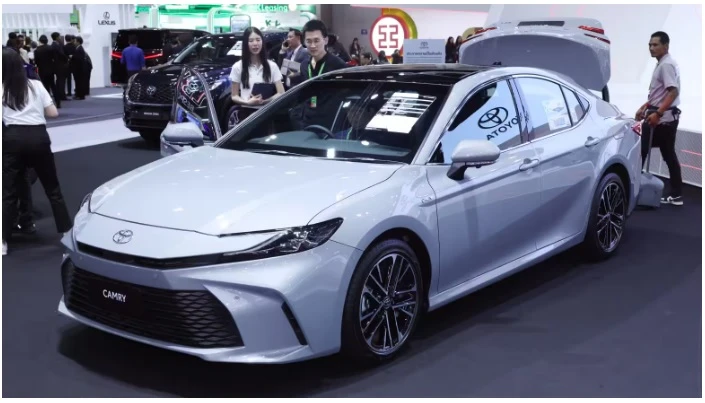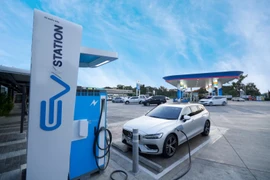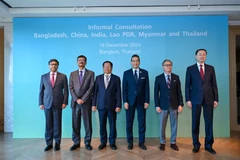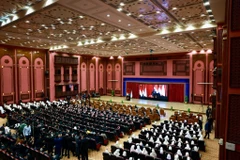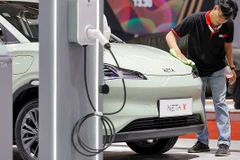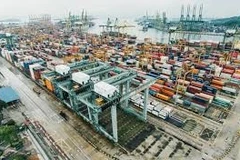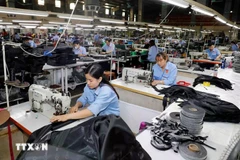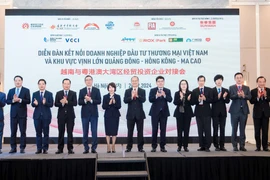Bangkok (VNA) – Thailand’s Board of Investment (BoI) has announced that the government would extend deadlines for electric vehicle (EV) manufacturers to meet domestic production quotas, addressing weak local market demand.
Under the current EV 3.0 incentive programme, manufacturers must produce one locally assembled EV for every imported EV or a 1:1 ratio.
Companies failing to meet this quota in 2024 will face a stricter 1.5:1 production-to-import ratio by 2025.
The policy aims to encourage automakers to establish EV assembly plants in Thailand, which has attracted EV-related investments totaling 80 billion THB (2.3 billion USD).
To further support the struggling auto industry, the government will extend domestic EV production requirements to the end of 2027. This move comes as Thailand grapples with stagnant market conditions caused by slow economic growth and tight credit policies.
The Federation of Thai Industries (FTI) recently revised its 2024 automobile production forecast down to 1.5 million units, the lowest since 2021, citing weak domestic demand.
During January and October, total car sales in Thailand dropped 26.2% year-on-year to 476,350 units, with pickup truck sales plunging 43%.
The decline is attributed to stricter auto loan regulations amid concerns over rising non-performing loans and Thailand’s high household debt./.
